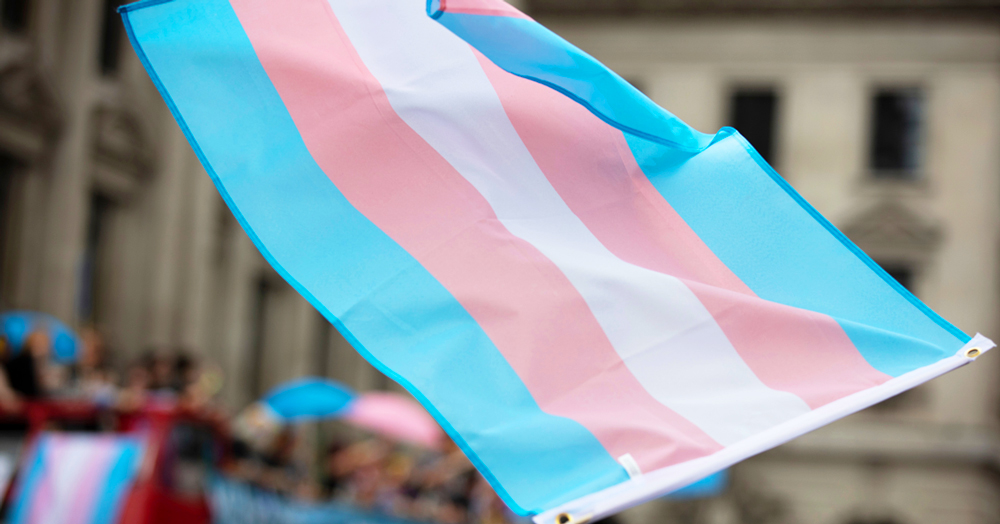On Friday, the High Court of Northern Ireland in Belfast concluded a judicial review of the UK Gender Recognition Act 2004. The ruling has implications for the future of gender recognition in Britain, as the court concluded that the requirement that trans people be diagnosed with a “disorder” was in contradiction with the European Convention on Human Rights.
Under the current law in Britain, trans people who seek to have their gender legally recognised must meet three criteria; they must show they have lived as their gender for two years, they must pledge that they intend to remain in their gender permanently and, crucially, they must have a diagnosis of gender dysphoria, which is described in law as a “disorder”.
The NHS describes gender dysphoria as “a sense of unease that a person may have because of a mismatch between their biological sex and their gender identity”. There were proposals under Theresa May’s government to remove the requirements for medical diagnosis of this disorder for applicants of a gender recognition certificate and operate on a system of self-identification.
However, these proposals were dropped by the government in 2020, with Equalities Minister Liz Truss claiming the legislation already balanced “proper checks and balances in the system and also support for people who want to change their legal sex”.
However, trans-activists have long argued that the requirement of a diagnosed “disorder” is demeaning and invasive. The applicant in the case brought before the Northern Irish High Court is a transgender woman, who has been granted anonymity, who claimed the requirement of a medical diagnosis violates the European Convention of Human Rights.
Of the gender recognition ruling, the judge stated that while the necessity of a medical diagnosis, in general, was not in contradiction to the Convention, the specific requirement of the diagnosis of a disorder is “unnecessary and unjustified” and “fails to strike a fair balance between the interests of the applicant and those of the community generally.”
The judge commented that “even if a change in the required diagnosis may be (on one view) ‘symbolic‘ … the importance of such symbolism should not be underestimated. Words can and do matter in this context.”
As reported in the News Letter, associate director of policy and research at Stonewall, Eloise Stonborough, said on the judgement; “The current system to changing your legal gender is out of date and demeaning. Trans people wishing to change their legal gender must prove, among other criteria, that they suffer from a medical ‘disorder’.
“It is fantastic that the High Court has ruled that this requirement is an ‘unnecessary affront to the dignity of the person applying’…Equality for all trans and non-binary people is long overdue, and we hope that this landmark ruling will be a wake-up call to introduce a system that treats trans people with the respect they deserve.”
© 2021 GCN (Gay Community News). All rights reserved.
Support GCN
GCN is a free, vital resource for Ireland’s LGBTQ+ community since 1988.
GCN is a trading name of National LGBT Federation CLG, a registered charity - Charity Number: 20034580.
GCN relies on the generous support of the community and allies to sustain the crucial work that we do. Producing GCN is costly, and, in an industry which has been hugely impacted by rising costs, we need your support to help sustain and grow this vital resource.
Supporting GCN for as little as €1.99 per month will help us continue our work as Ireland’s free, independent LGBTQ+ media.

comments. Please sign in to comment.